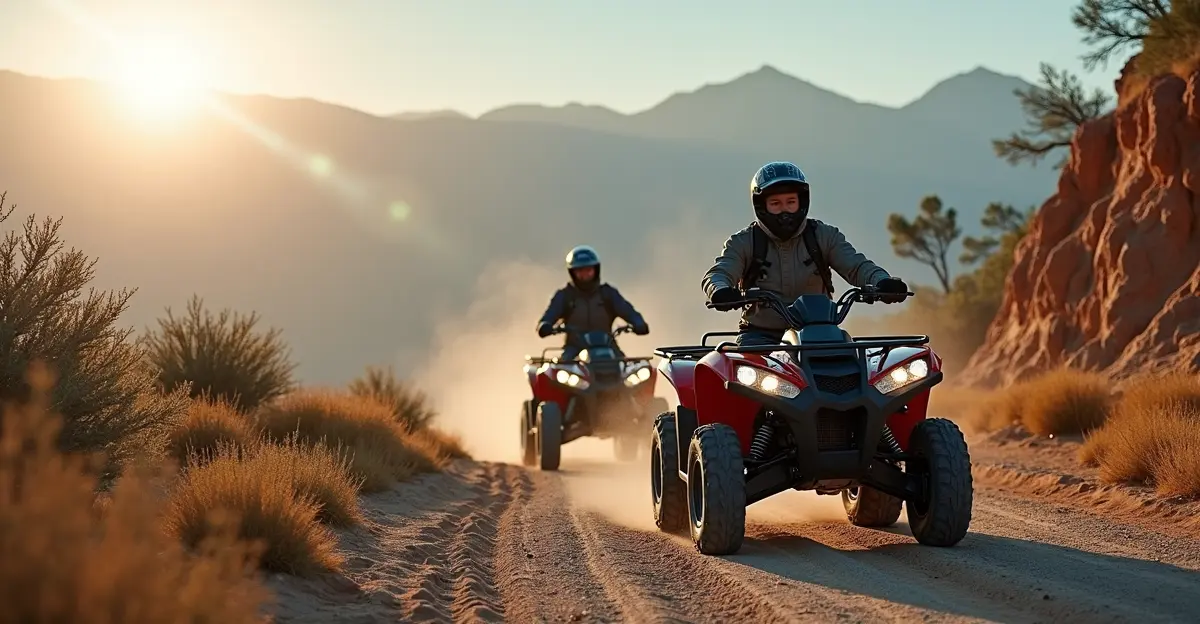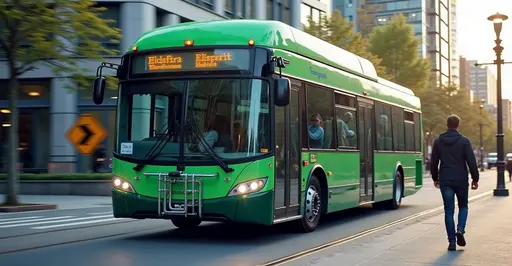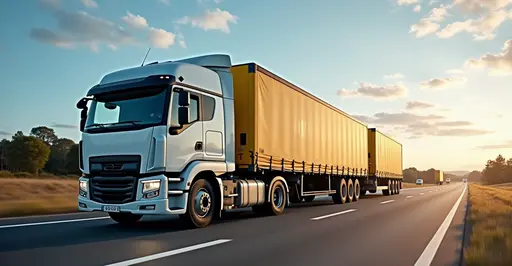
The Silent Revolution in Outdoor Recreation
The adventure tourism and outdoor recreation sectors are undergoing a quiet revolution as electric off-road vehicles rapidly gain traction in markets worldwide. From rugged mountain trails to desert dunes, eco-conscious adventurers are embracing the benefits of electric ATVs, UTVs, and specialized off-road EVs that offer zero emissions without sacrificing performance.
Market Expansion and Key Players
Leading manufacturers like Polaris, Zero Motorcycles, and emerging startups are driving innovation in the electric off-road segment. Polaris's Ranger XP Kinetic and Zero's FX electric motorcycle have set new standards for torque and quiet operation, making them ideal for wildlife tours and sensitive natural areas where noise pollution is a concern.
Environmental Benefits Driving Adoption
The shift to electric off-road vehicles addresses multiple environmental concerns. Traditional gasoline-powered ATVs and UTVs emit significant pollutants and contribute to noise pollution that disturbs wildlife. Electric alternatives eliminate exhaust emissions, reduce noise levels by up to 90%, and minimize soil disturbance due to their precise torque control and lighter environmental footprint.
Economic Advantages for Tour Operators
Adventure tour operators report substantial cost savings with electric fleets. Reduced maintenance requirements, lower fuel costs, and longer vehicle lifespans make electric off-road vehicles increasingly attractive from a business perspective. Many operators also note that customers are willing to pay premium prices for eco-friendly experiences, creating new revenue streams.
Charging Infrastructure Challenges
Despite the growing popularity, challenges remain in developing adequate charging infrastructure in remote adventure destinations. Solar-powered charging stations and portable battery solutions are emerging as innovative approaches to address range anxiety in off-grid locations.
Government Support and Regulations
Several governments are implementing incentives for electric off-road vehicle adoption, particularly in protected natural areas. National parks and conservation areas are increasingly restricting gasoline vehicles while welcoming electric alternatives, creating new opportunities for sustainable tourism development.
The convergence of environmental consciousness, technological advancement, and changing consumer preferences suggests that electric off-road vehicles will continue to reshape the adventure tourism landscape, offering quieter, cleaner, and more sustainable ways to explore nature's wonders.

 Nederlands
Nederlands English
English Français
Français Deutsch
Deutsch Español
Español Português
Português







